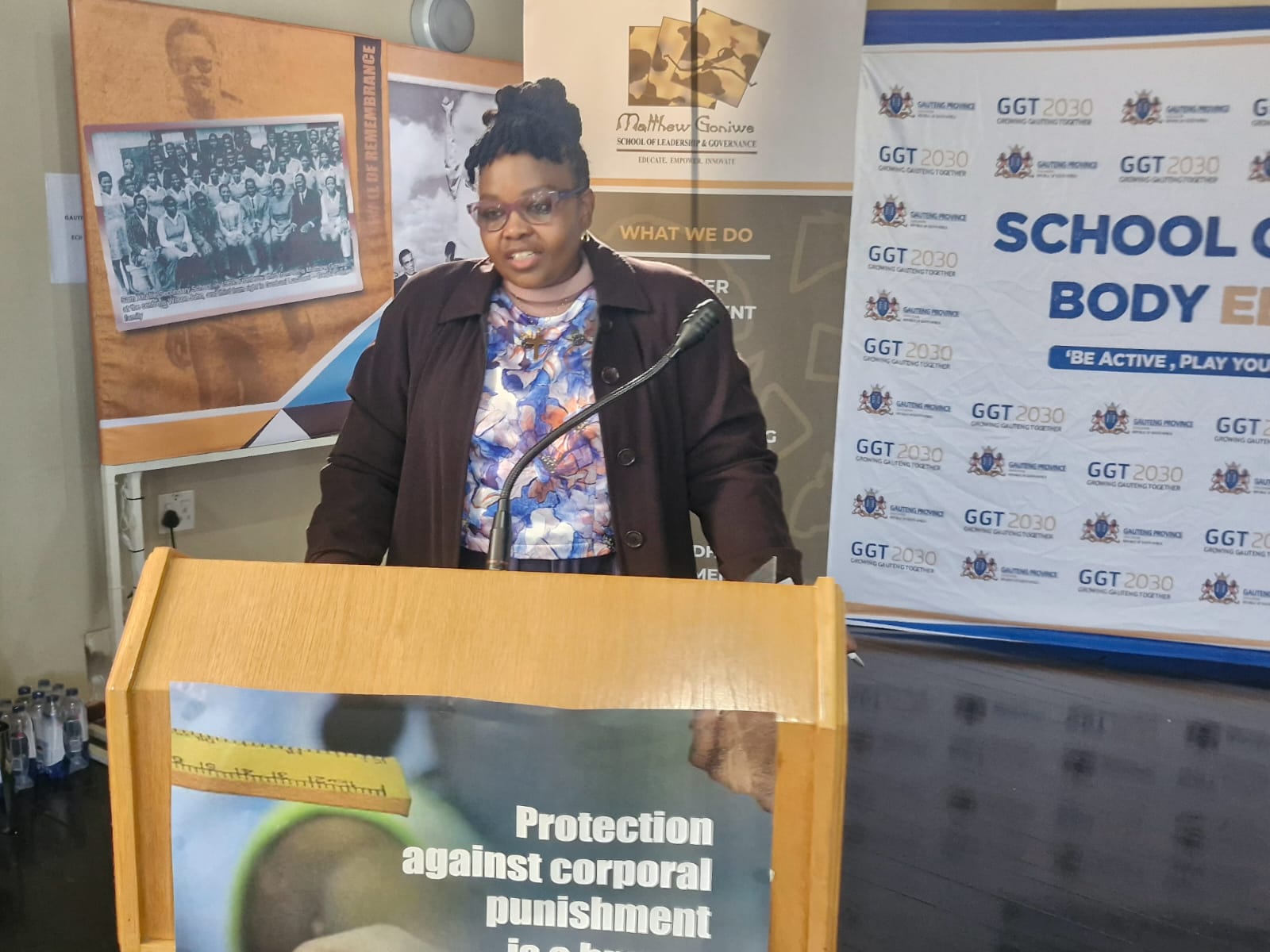UNICEF South Africa’s report states that “Children in South Africa are exposed to a lot of trauma, violence, abuse and neglect’’. It further states that “In these situations, children have little control, and they need someone to step up and hold their hand through the storm that trauma brings’’.
Therefore, the Matthew Goniwe School of Leadership and Governance (MGSLG) as an institute that is responsible for driving change to improve people’s lives, has been executing exactly that and has the eagerness to continuously combat psychosocial issues in all corners and corridors of the Gauteng Province.
After conducting comprehensive research MGSLG discovered that in Gauteng Province, several stakeholders are offering psychosocial support around this province, however, the following was discovered: Psychosocial support not reaching out to all corridors of the Gauteng Province; There are only a few service providers, and they offer limited services in a few locations. Among the critical psychosocial support services not provided are those addressing teenage pregnancy, bullying, substance abuse, trauma, and other issues.
Therefore, responding to these societal issues that have been discovered, as a leading innovative training and professional development institute in Education MGSLG working jointly with the Gauteng Department of Education (GDE) convened and held a Psychosocial Support Services Stakeholder Imbizo and invited stakeholders that are rendering psychosocial support services in the Gauteng Province. The imbizo occurred on the 04th of July 2024 in the MGSLG- Vrededorp Campus.
Articulating the purpose of the Imbizo Ms Enid Smith a Social Worker Manager from the Gauteng Department of Education ‘’ This is a networking session but also information sharing and the purpose of bringing you together is to satisfy our need first as GDE and as MGSLG because we are working together in getting psychosocial support increasing capacity, bringing in specialist services to service our learners and parents.
The MEC of The Gauteng Department of Education have made a call for NGOs and organisations working in Child Justice and Child Protection, Mental Health field etc they must come to therefore. We do have existing partners with NGOs and organisations that are rendering psychosocial support, but we need to know who else is assisting the schools; what programmes are doing exactly in the schools, does their programme covers parental support, and learner support etc. And we also need to know what capacity you have and what impact do you make’’.
As MGSLG aims to work together with psychosocial support NGOs, to increase capacity for providing psychosocial support and share resources, the NGOs were allowed to present what they have on their plate and how they deliver their services.
Ms Khosi Ntuli, the Senior Project Manager in the School Governance department within MGSLG further articulated the findings of the research that was conducted and the plan of delivering psychosocial support moving forward she said “Social ills remain the subject of major concern for educators and schools. A good education begins at home, the first school is at home and his first parents are his/her first educators. The most important and basic lessons, such as good behaviour are taught at home and then the school becomes an extension for honing and reinforcement. Schools can only be able to achieve and improve performance if learners are ready to learn, emotionally supported and encouraged. The findings will help refine our understanding of where we need to focus and what services are available or needed (Resource Mapping).
We wish to extend the psychosocial services rendered currently to cover all Gauteng Province corridors with maximum support, we are also aware that there are NGOs/NPOs already servicing some of the areas which are identified to have been pressure points, the IMBIZO allowed us to tap into what is readily available to the public, NGOs were able to share the good practices and networking with other service providers, with possibility for collaboration. A psychosocial/safety booklet will be developed to guide parents on where to find help in their areas”.
The psychosocial Support Programme is an imperative programme that focuses on equipping schools with the required skills to address the psychosocial and mental well-being needs of learners. Alao meant to create a supportive learning environment that safeguards the social, emotional, and mental well-being of teachers and learners.
Written by Bayanda Magoswana

